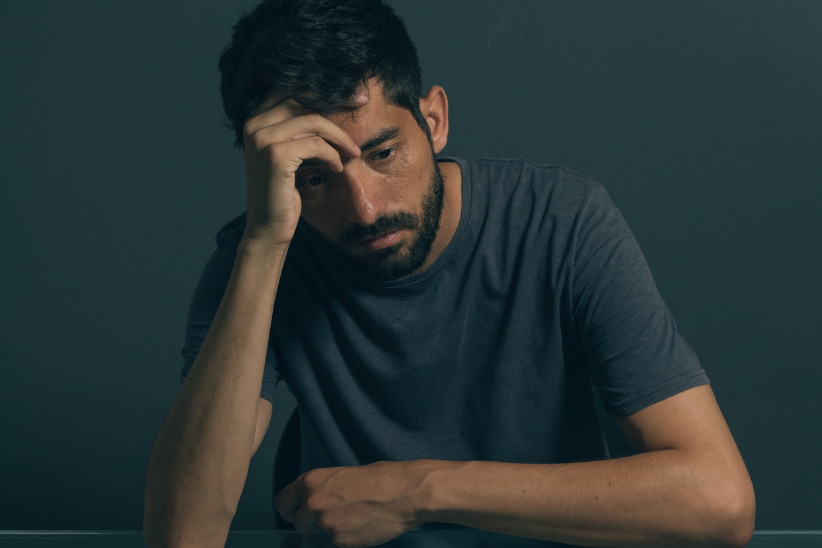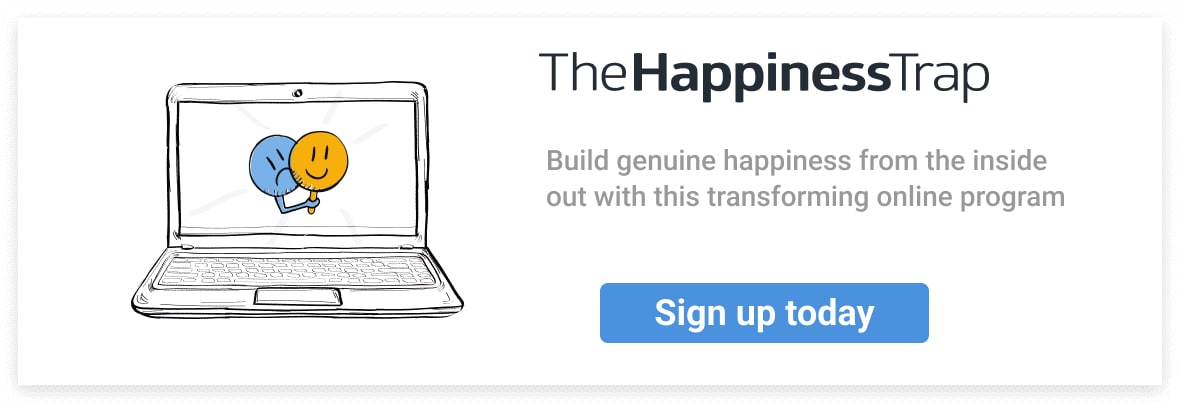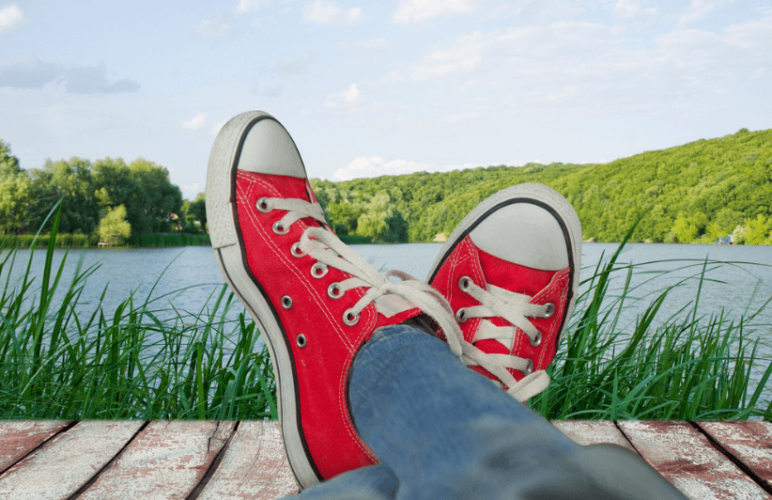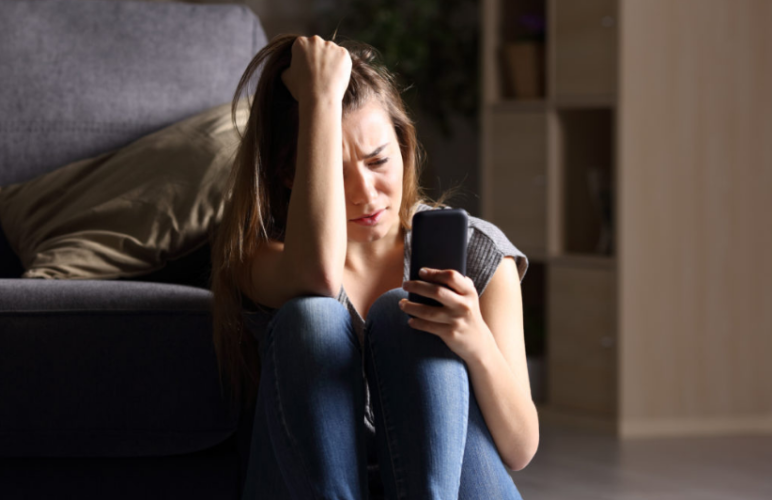All of us, at times, get anxious in social situations. To understand the reasons behind this, check out my blog: The Biggest Myth About Social Anxiety.
Some of us are much more affected by social anxiety than others. Some people take social anxiety in their stride, it doesn’t hold them back from being who they want to be or doing what they want to do.
They can feel anxious but still go along to that party or meeting or conference or event – and once they’re there, they can still be themselves and engage fully in the social interaction.
However, others are severely affected by their anxiety, to such an extent it severely impacts their behaviour and restricts their life. They may avoid socialising, or drink heavily to get themselves through it, or arrive late and leave early and hover in the background saying next to nothing, or do numerous other self-defeating behaviours.
Indeed, around 12% of the population are so negatively impacted by social anxiety, they meet criteria for a clinical diagnosis of “social anxiety disorder”.
As we saw in last week’s blog, social anxiety is normal, so why does it affect some people so severely?
Good question. Prepare yourself because there is a big psychological jargon word coming up soon. It’s due to something called…
Experiential Avoidance
‘Experiential avoidance’ means the ongoing attempt to avoid or get rid of unwanted thoughts and feelings. And it’s normal! We are all ‘experientially avoidant’.
I’ve never met a human being who said, “I just luuuurve having painful thoughts and feelings, please give me more!”. We all like to avoid uncomfortable inner experiences such as painful thoughts, feelings, emotions, memories, etc.
And we all have a zillion-and-one ways of getting rid of them or distracting ourselves from them – from drugs, alcohol and cigarettes to exercise, music, and Game of Thrones.
Now, a little bit of experiential avoidance is not a problem. But high levels of experiential avoidance is a massive problem.
The more effort, time and energy we expend on trying to avoid or get rid of unpleasant thoughts and feelings, the greater our risk of developing an anxiety disorder, an addiction, clinical depression, and a whole host of other psychological problems. In other words, what creates an “anxiety disorder” is not “anxiety” itself.
Anxiety is a normal human emotion that we all repeatedly have throughout our lives. There’s no such thing as an anxiety-free life, we experience it every time we approach or enter into a challenging situation with an uncertain outcome.
What creates an “anxiety disorder” is high levels of experiential avoidance: investing large amounts of our time and energy into trying to avoid or get rid of anxiety.
“What???” I hear you say, “That just makes no sense! How can that be? Verily, thou dost baffle and bewilder me with thine strange and contentious manner of speaking.
Explain thyself, before I doth flatten you with my trusty war hammer.” That’s a fairly normal reaction (especially if you’ve been watching movies featuring Thor the Thunder God). So let me explain. If you’re absolutely determined to avoid or get rid of that anxiety that shows up in some social situations, then what are your options?
One obvious option is to avoid those situations. We all do this at times, and in moderation, it’s not a problem. But done excessively, it leads to social isolation.
Another option is to damp down or distract yourself from the unwanted feelings by putting substances into your body – be it alcohol, drugs, cigarettes, medication, food or chocolate. Most of us have done this at times, and in moderation, it’s rarely a problem.
But if you do it excessively, over time it will likely have health costs, and maybe even lead to addiction.
A third option is to hide out in the background – to arrive late, leave early, and while you’re there, say very little (so you won’t say anything dumb) and reveal very little of what you truly think (so you won’t be judged).
This strategy usually leads to deep sense of dissatisfaction and it’s the very opposite of a rich and fulfilling social interaction. I could go on, but hopefully the point is already clear. High levels of experiential avoidance leads to the excessive use of strategies such as those above. And the excessive use of such strategies has two major costs:
- It makes your life worse in the long term.
- It actually increases the frequency and intensity of the anxious feelings you are trying to avoid
Spot the vicious cycle!
So with this in mind, I vote we get rid of the term “anxiety disorders” and start calling them “experiential avoidance disorders” instead. “But you don’t get it,” I hear you say (I have excellent hearing), “My anxiety is horrible, awful, unbearable – that’s why I try so hard to get rid of it.” Good point.
And the higher your level of experiential avoidance – the more determined you are to avoid anxiety – the more horrible, awful and unbearable your anxiety will become. So if you ever want to reach a point where your anxiety is not awful, horrible and unbearable, you’re going to need to learn a new way of dealing with it, a way of responding to it which is radically different to experiential avoidance.
Interested? Oh good, because that’s what we’ll look at over the next few blogs.




